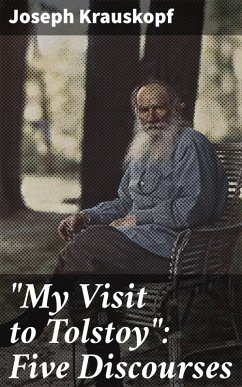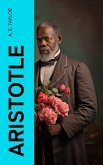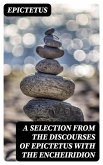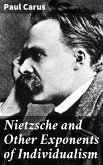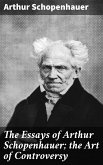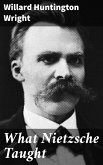In "My Visit to Tolstoy: Five Discourses," Joseph Krauskopf presents a profound exploration of the philosophical and ethical dimensions of Leo Tolstoy's thoughts as encountered during a pivotal meeting in 1900. Crafted in a discursive style, Krauskopf's text elegantly balances narrative reflection with scholarly analysis, engaging readers through thought-provoking dialogues and personal anecdotes that reveal the paramount influence of Tolstoy's moral teachings. This work situates itself within the broader literary context of late 19th and early 20th century discourse, where the intersection of spirituality and societal responsibility came to the forefront, particularly amidst the turmoil of modernity. Joseph Krauskopf, a rabbi, educator, and philosopher, was deeply influenced by the socio-religious climate of his time, where ethical principles were increasingly challenged by contemporary issues. His engagement with Tolstoy emanates from a genuine quest for understanding the moral imperatives that underpin human existence. Krauskopf's unique background allowed him to distill the essence of Tolstoy's wisdom into a rich dialogue that resonates with both spiritual and intellectual pursuits. This book is essential for readers seeking a deeper understanding of moral philosophy through the lens of one of literature's most iconic figures. Krauskopf invites readers not only to contemplate Tolstoy's insights but also to reflect upon their own ethical frameworks, making this text a timely and invaluable addition to the discourse on social ethics and personal growth.
Dieser Download kann aus rechtlichen Gründen nur mit Rechnungsadresse in A, B, BG, CY, CZ, D, DK, EW, E, FIN, F, GR, H, IRL, I, LT, L, LR, M, NL, PL, P, R, S, SLO, SK ausgeliefert werden.

